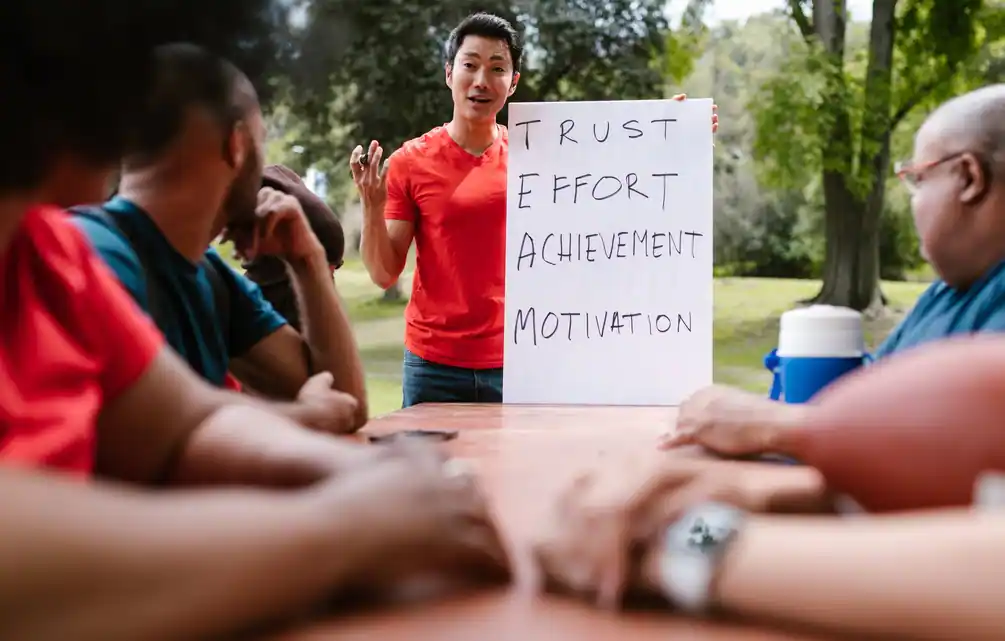This article was originally published in the Live Mint Lounge newspaper on 7th November 2023.
Infosys chairperson N.R. Narayana Murthy’s recent comment, “India’s work productivity is one of the lowest in the world. My request is that our youngsters must say, “This is my country, I want to work 70 hours a week,” has predictably kicked up a social media storm raising questions on the health and well-being of employees. It makes one ponder over whether our idea of growth and prosperity is really in service of an individual’s well-being?
The Indeed Work Wellbeing in India 2023 Report by Forrester Research found that 71% of respondents reported low to moderate well-being at work. A 2022 McKinsey research on workplace mental health in Asia found alarming levels of workplace stress and mental health issues among Indian employees. While the figures and findings aren’t congratulatory by any means, there are companies who are taking proactive actions to enhance employee well-being. These include initiatives such as adding mental wellness to the health insurance plan, sponsoring sessions with counsellors and psychotherapists, spacing meetings with adequate breaks and nurturing a culture of open conversations.
Milind Katti, co-founder of Pune-based DemandFarm, emphasises that people’s well-being is a pre-condition for peak performance at work. “Feeling secure about the job and feeling inspired about the work that one does are important factors in an employee’s sense of well-being. Only those who are feeling well enough themselves will be able to support and help others in their growth at work,” Katti notes. This is probably the reasoning behind his company’s refreshingly inclusive ‘shubh – lābh’ experiment.
He elaborates: “We asked ourselves if it was possible to have a different model of corporate governance that was not based on pure shareholder profit maximisation?” “Can a community of people come together to create something, and in doing so create shubh (wellness) for all stakeholders including the customers, vendors, and environment, while also creating lābh (profits)?”
Hari Krishnan, managing director & head, Publicis Content in Gurgaon, also vouches for the health of his team. Publicis Groupe globally has implemented Marcel, a custom-made AI platform, which among other features, has a suite of initiatives catering towards employee well-being. “PubFit is a holistic health and wellness program that we designed that is focused on maintaining the harmony of body, mind and spirit and boost overall well-being,” shares Krishnan.
Alka Krishnan, a Gurgaon-based behavioural skills trainer and yoga therapist, also confirms the emergence of positive trends in the Indian corporate world. “Youngsters do not hesitate to resign these days if their health is not prioritised by the company. So, I see many corporates recognising and promoting health and well-being initiatives today, as they are seeing the direct impact between effectiveness, efficiency, and well-being,” she says.
In DemandFarm, a company with a significant number of employees working remotely, Katti shares that wellness programmes were designed keeping that aspect in mind. “We recognised early on that many of them faced the challenge of feeling lonely at work. As an organisation, we took steps to address this issue by empanelling an ‘Organisation Development Consultant’ whom they could reach out to at any point in time. We also launched an in-house leadership development programme to equip all our functional heads with coaching competencies so that they could train their team members,” he adds.
Leading by example
Most happy employees interviewed by Forrester Research said that they were motivated by managers who displayed empathetic leadership skills and led their teams by example. Krishnan makes balancing professional success and personal life look easy but that has come after a few lessons learnt the hard way. “Working relentlessly in my 20s with no time boundaries had an impact on my body. When I realised this, I made changes to my lifestyle. I reduced my commute to work and started running regularly. Today I dedicate 45 minutes daily for cardio and strength training, and to practice yoga,” says Krishnan about how he prioritises health amidst his busy schedule.
“I believe prioritising wellness must begin at the top. When I was unwell a few years ago, I realised how adversely it impacted everyone else in the organisation. That is when I started my journey of inner work. Now caring for wellness has become part of the DNA of our company,” says Katti. Rhea D’Souza, an artist & CEO of Kabila Consulting, Mumbai is convinced that when it comes to designing corporate well-being solutions, a holistic intervention that addresses issues of the body, heart and mind are most effective as different people are differently motivated. “Integrating an intervention as an ongoing part of the system than deploying it as a one-off is critical,” she says.
A Yogic perspective
Yogic traditions look at the individual as a holistic entity through the lens of the pancamaya kośa model that consists of annamaya (physical and physiological), prānamaya (energetic), manomaya (emotional), vijñānamaya (knowledge), and ānandamaya (joy) kośās or layers.
“Long sitting hours tighten our hip joints and yet, people keep pushing themselves for long hours leading to high stress. This in turn has a huge impact on one’s quality of breath,” observes Apoorva Jalan, a yoga therapist and coach, who emphasises the importance of approaching well-being through the lens of pancamaya kośa. “Working with your breath can calm the nervous system. When your nervous system is calm, your body is relaxed and the mind automatically has a greater ability to ‘respond’ than ‘react’ to external stimuli,” she explains.
“During the covid-19 lockdown, some people started cooking, others became artists, and some started working out seriously. Having experienced a lot more of themselves, most people don’t want to limit themselves to leading uni-dimensional lives that are only centred on work. It is up to organisations now to create an environment where avenues for self-expression are available for employees,” observes D’Souza before mooting the idea for a ‘Zero Distance’ initiative in companies. “Companies can create space where employees can engage with local artists and even explore their own artistic interests through a curated set of experiences,” she explains.
Krishnan attests to the power of art in promoting well-being. He has actively pursued his artistic leanings through a variety of unique art projects over the years. According to Jalan, investing in simple body and breath practices even for 10 minutes a day and spending time outdoors away from screen time are small but significant steps towards better well-being. “A deeper sense of faith and learning to take things lightly can help one to prioritise things that bring joy to them in life,” she concludes.



